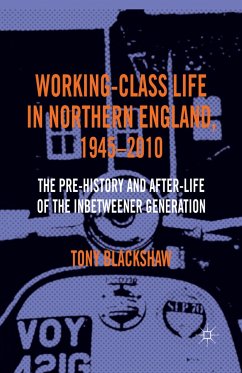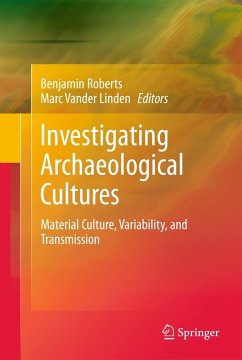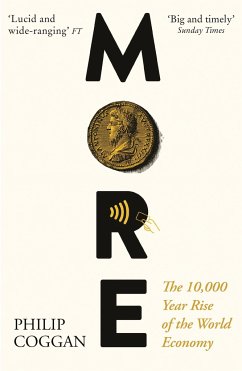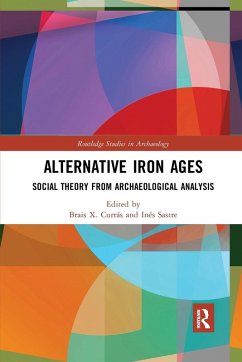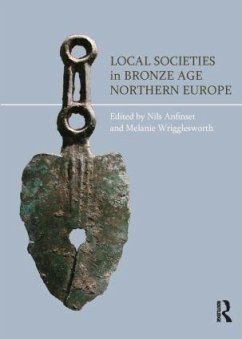
Pathways to Power
New Perspectives on the Emergence of Social Inequality
Herausgegeben: Price, T. Douglas; Feinman, Gary M.
Versandkostenfrei!
Versandfertig in über 4 Wochen
56,99 €
inkl. MwSt.

PAYBACK Punkte
28 °P sammeln!
There are few questions more central to understanding the prehistory of our species than those regarding the institutionalization of social inequality. Social inequality is manifested in unequal access to goods, information, decision-making, and power. This structure is essential to higher orders of social organization and basic to the operation of more complex societies. An understanding of the transformation from relatively egalitarian societies to a hierarchical organization and socioeconomic stratification is fundamental to our knowledge about the human condition. In a follow-up to their 1...
There are few questions more central to understanding the prehistory of our species than those regarding the institutionalization of social inequality. Social inequality is manifested in unequal access to goods, information, decision-making, and power. This structure is essential to higher orders of social organization and basic to the operation of more complex societies. An understanding of the transformation from relatively egalitarian societies to a hierarchical organization and socioeconomic stratification is fundamental to our knowledge about the human condition. In a follow-up to their 1995 book Foundations of Social Inequality, the Editors of this volume have compiled a new and comprehensive group of studies concerning these central questions. When and where does hierarchy appear in human society, and how does it operate?With numerous case studies from the Old and New World, spanning foraging societies to agricultural groups, and complex states, Pathways to Power provides key historical insights into current social and cultural questions.








